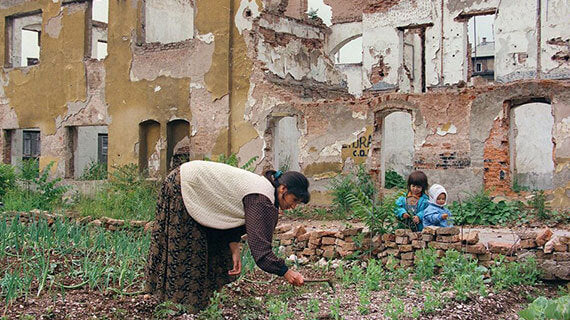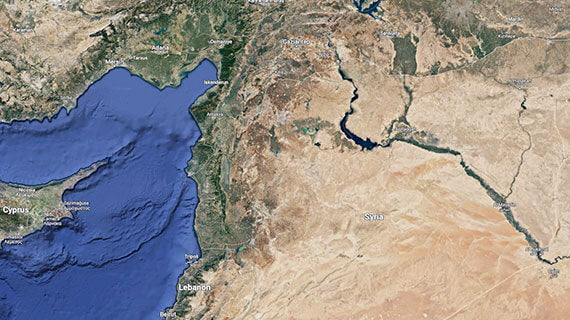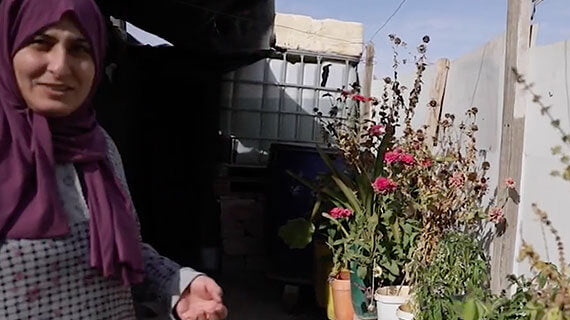Helping Aid Organisations with Food Security
Providing better food security for refugees and aid organisations is an aspirational goal of WaterUps, that we hope to bring to fruition in the next 12 – 36 months.
The global pandemic and now the cost-of-living crisis has highlighted food security as a major issue for the Western World, reinforcing just how dire it must be for the developing world and for those fleeing war, persecution, climate catastrophes and hunger.
WaterUps today offers complete Food Garden Kits to help families and communities become increasingly self-reliant and sustainable in the way they grow and dispose of food items and green waste.
Our unique wicking system is key to boosting yield of edible gardens. It provides optimal and fast-growing conditions, producing plants that are resilient with a longer cropping season.
Importantly, WaterUps when used in raised garden beds needs only 20% of water used in surface watered gardens. This is a key consideration for Refugee Camps where water is already scarce.
The wicking technology which sits in a water reservoir, also stops nutrients from being washed away. It stores nutrients in the water, enabling the plants to draw up the nutrients for the benefit of plant cell structure, growth and robustness.
The wicking reservoir can also store rainwater. Every 1m2 of wicking cells can store 51 litres. Being stored underground the water does not evaporate and it does not overheat and burn plants.
We are currently in trials with the right solution to help aid organisations that focus on food assistance and world hunger programs.

Refugee numbers keep increasing
As of 2021 there were 82 million forcibly displaced people worldwide, a number that has doubled in the last decade. That’s more than 1% of humanity (7.753 B in 2020). This short article released on World Refugee Day 2021 speaks to their plight.
One month after the start of Russia’s war with Ukraine one quarter of Ukraine’s population was displaced
Global warming will make these emergencies worse because of climate refugees.

Climate Change is contributing to Conflicts & Refugees
It is widely acknowledged that human-induced climate change was one of three major contributing factors that led to the war in Syria. A severe drought in north-eastern Syria caused large-scale migration from that region into cities, resulting in declining socio-economic conditions that threatened livelihoods and civil-un ease which descended into war.
“Climate change is occurring in Syria by means of depleting water supply and advancing desertification, both of which are closely linked. These effects of climate change are expected to continue through 2050.” Source.
In January 2027, the United States Secretary of Defence acknowledged climate change as a national security issue due to the link between climate change and conflict.

Food Security for Refugee Camps
With the likelihood of more climate refugees – and the possibility of this happening in more countries around the world – the need for a cost-effective, universal and fast food-growing solution is becoming increasingly paramount.
The impacts of climate change are not just migration and re-location because of drought but also because of the impacts of fires, volcanoes and sea levels rising.
WaterUps is here to work with aid organisations to provide better solutions to food security for refugees. It will provide a way for refugees to have healthier diets while providing them with a shared purpose and greater sense of self-actualisation and dignity.





